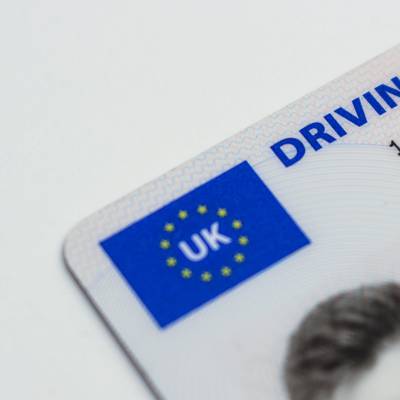
What do I need to know about driving in Turkey?
Whether you’re an avid traveler or a first-time tourist, experiencing essence of Turkey by road is a thrilling journey. The land of the crescent moon beckons with its breathtaking landscapes, historic cities, and unrivalled cuisine. However, to truly bask in this experience, it’s crucial to understand the driving conditions, rules and cultures of Turkey. This comprehensive guide helps you navigate through everything you need to know about driving in Turkey.
1. General Road Conditions
One of the first factors to consider when planning to drive in a foreign country is the quality of roads. Turkey boasts a well-maintained network of roads and highways. Major cities are linked via multi-lane roads with clearly marked signboards in Turkish and English. That said, conditions can vary considerably in rural and mountainous areas. It is not unusual to come across dirt roads, sharp turns or a wandering flock of sheep. Ensure your vehicle is in good condition to handle different types of terrain, especially if exploring beyond the main cities.
2. Local Driving Behavior and Etiquettes
Turkish drivers are known for their bold driving style coupled with assertive maneuvers. Quick overtaking, tailgating, and sporadic lane change are quite common. Horn honking is frequently used as a communication tool rather than for expressing annoyance. Using your indicators will expectantly keep these experienced drivers alert about your move. Understanding this style of driving will help in navigating the roads more confidently.
3. Legalities and Local Regulations
While the 'drive on the right, overtake on the left' rule is standard here, there are few other noteworthy legalities to abide by. Like most European countries, seat belts are mandatory for everyone in the vehicle. Using a mobile phone while driving is strongly prohibited unless with a hands-free device. Drinking and driving is a serious offence and could result in hefty fines or imprisonment.
4. Navigation and Signboards
Turkey has an extensive system of well-signposted highways. Road signs are based on the international protocol and are usually in Turkish and English. Legend signs such as ‘Dikkat’ mean ‘attention’, ‘Dur’ means ‘stop’, and ‘Yavas’ means ‘slow’. Do take note that distance and speed are measured in kilometers, not miles.
5. Documents You'll Need
When it comes to documentation, ensure you have a valid driving license, insurance papers, passport for identification, and an international driving permit if you are a non-European Union Driver. Rental companies may also require a credit card for security purposes.
6. Automobile Rental in Turkey
If you're not driving your own car, renting a vehicle is a convenient option. Major international rental companies have offices in all large cities and airports. Be sure to familiarize yourself with the rental company's policy, minimum rental period, payment and cancellation rules.
7. Emergency Assistance and Roadside Help
In case of an emergency, the number 112 connects you with the medical services, 155 is for the Police and 156 for the Gendarmerie, usually involved in traffic accidents out of city boundaries. There is also a 24/7 roadside aid operated by the Turkish Automobile Association.
8. Best Time To Drive
Unless necessary, avoid rush hour traffic in major cities like Istanbul, Ankara, and Izmir. The best time to drive is during the day as some of the rural roads lack adequate lighting. Always keep an eye on the weather forecast, especially if you are driving in winter.
9. Parking
Parking in cities can be a challenge. Always park in line with the direction of traffic. Pay close attention to the signboards as they provide crucial information on parking fees and restrictions. In many areas, parking is regulated by the Parkomat system that can be paid for by SMS.
10. Tips for a Safe and Pleasant Ride
Although Turkish roads are generally safe, being alert and maintaining a defensive driving attitude is advisable. Check your fuel level frequently, as petrol stations can be sparse in rural areas. Always respect the speed limits, and remember, patience and courtesy go a long way.
Traveling by road in Turkey is not just about getting from point A to B. It’s about immersing yourself in the journey, capturing the spellbinding views and living the local culture. Armed with this guide and a good road map, you’re all set to explore Turkey – in your own style and at your own pace. Safe travels!





